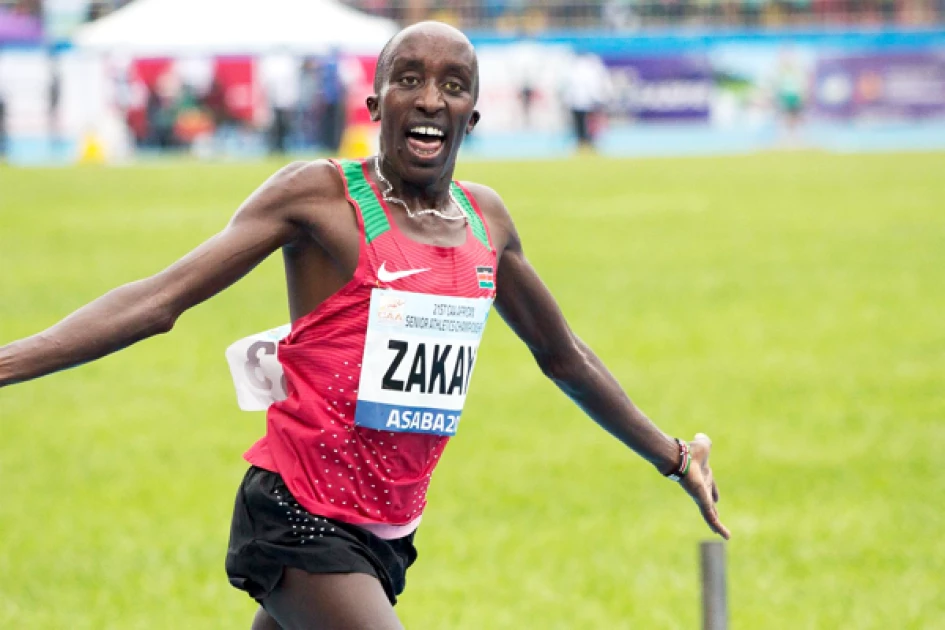ADAK dismisses Edward Zakayo’s mistreatment claims, explains doping procedures


Audio By Vocalize
The Anti-Doping Agency of Kenya (ADAK) has dismissed claims
made by former world under-20 champion Edward Zakayo Pingua, who announced his
retirement from athletics through emotional social media posts accusing the
agency of mistreatment and unfair handling of his case.
Zakayo, a former Commonwealth Games 5,000m bronze medallist,
shared two detailed posts on Facebook titled “Why I Left Athletics” and “My
Truth”, expressing frustration over how his case was allegedly handled.
He alleged that ADAK “kept calling him to Nairobi” for hearings
that were “held virtually instead of in a proper courtroom,” and that “the
lawyer was not of his choice.”
“On several occasions, I could not attend because of
financial difficulties. These challenges pushed me into a corner, and I reached
a point where I had to make a painful decision,” Zakayo wrote.
After struggling to make ends meet in Iten, Zakayo said he
returned home to Narok, where a friend, Jonathan Sadera, offered him a lifeline
as a tour guide at the Maasai Mara.
“This opportunity gave me a new start and even took me to
the Serengeti National Park in Tanzania,” he said. “Although I tried to rebuild
my life, ADAK continued to send strangers to my home, intimidating my family as
though I had committed a serious crime.”
Zakayo further claimed that his troubles began after losing
his phone — which contained his ADAMS login — while flying from Spain in
November 2023.
That phone, he said, was the only way to access his ADAMS
account — the online system used by athletes to file their daily whereabouts
for doping control.
“I never attempted to dope. I never avoided ADAK or IAU
testing. My profile remains clean,” he insisted.
However, in a press release issued on October 6, 2025, ADAK
Acting Chief Executive Officer Peninah Wahome dismissed Zakayo’s statements as
“misleading and false.”
“The claims misrepresent the facts, the procedures followed,
and the integrity with which all anti-doping cases are managed in Kenya,”
Wahome said.
She explained that ADAK operates under the Anti-Doping Act
(2016), ADAK Rules, and international standards established by the World
Anti-Doping Code. Every athlete, she added, is informed of their right to legal
representation and may choose a lawyer of their preference.
ADAK clarified that Zakayo’s case was heard and determined
by the Sports Disputes Tribunal (SDT) on May 8, 2025, where he was found guilty
of two missed tests and one filing failure early in 2024. The tribunal
acknowledged his explanation about the lost phone but ruled that maintaining
accurate whereabouts remains the athlete’s responsibility.
“ADAK denies any form of intimidation or harassment. If
anyone claims to act on ADAK’s behalf outside formal communication channels, we
urge immediate reporting for investigation,” Wahome added.
She noted that ADAK understands the emotional strain that
accompanies disciplinary proceedings but insisted that “emotional distress
cannot replace adherence to rules.”


Leave a Comment